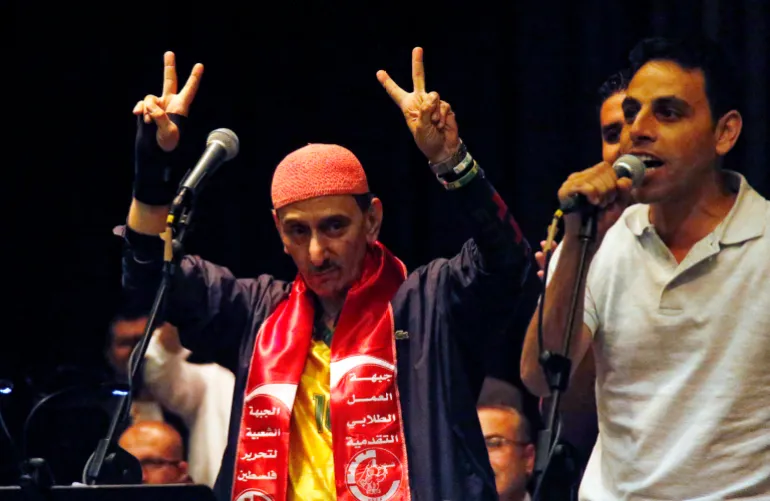Beirut, Lebanon – Lebanon is mourning the loss of one of its most influential and unconventional cultural voices, Ziad Rahbani, who passed away Saturday morning at the age of 69 following a heart attack. The news was confirmed by the hospital treating him in Beirut, where tributes have been pouring in from across the Arab world.
Rahbani, a towering figure in Lebanese music and theatre, was the son of legendary singer Fairuz and pioneering composer Assi Rahbani, members of the Rahbani Brothers duo that revolutionized Arabic music in the 20th century. Yet Ziad carved his own path—fusing jazz, funk, classical, and Arabic melodies into a bold, often politically charged artistic vision.
From an early age, Rahbani exhibited a remarkable blend of musical genius and sharp social critique. His breakout play Nazl el-Sourour (Happiness Hotel) premiered in 1974 when he was just 17. The satirical drama, which tackled themes of worker oppression and political apathy, cemented his status as a daring young voice unwilling to shy away from Lebanon’s growing socio-political tensions.
Throughout his career, Rahbani remained resolutely leftist and secular in a country increasingly torn by sectarian divisions. While his mother Fairuz became a unifying figure beloved by all factions, Rahbani chose to confront Lebanon’s fault lines head-on. His works—such as Bennesbeh Labokra Chou? (What About Tomorrow?)—offered scathing commentary on post-war disillusionment, delivered through music that was at once haunting and hopeful.
“Ziad was a mirror to Lebanon’s soul—brilliant, conflicted, tragic, and defiant,” said theatre critic Nadine Choueiri. “He made us laugh, cry, and question everything.”
His compositions drew inspiration from jazz legends like Charlie Parker and Dizzy Gillespie, but always retained a deeply local essence. “My music isn’t Western,” Rahbani once said. “It’s Lebanese—with its own way of speaking.”
In addition to his plays and compositions, Rahbani was a beloved pianist known for smoky late-night performances in Beirut’s Hamra district. Though he receded from the public spotlight in recent years, his music found new life through online rediscovery and protest movements seeking to reclaim Lebanon’s fractured identity.
Lebanon’s President Joseph Aoun called him “a living conscience,” while Prime Minister Nawaf Salam described him as “a fearless voice for justice and the marginalized.”
He is survived by his mother Fairuz, 90, his sister Reema, and his brother Hali. As Lebanon reflects on his passing, his art—and his unapologetic message—remain as resonant as ever.






